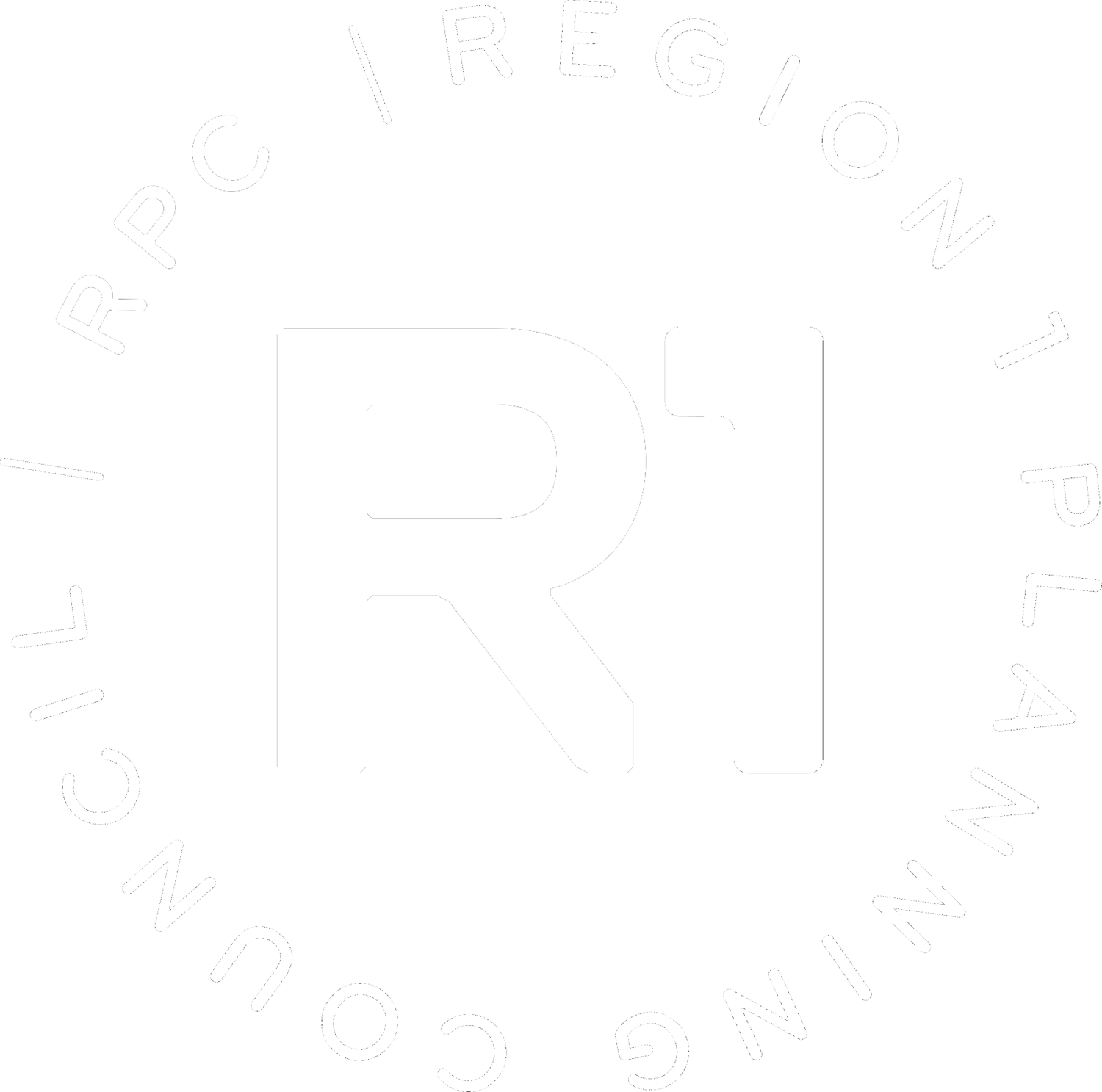The Climate and Equitable Jobs Act provides environmental, economic, and social benefits for Northern Illinois and beyond
By Shelby Best, Sustainability & Resiliency Coordinator
February 11, 2022
Local governments play a crucial role in addressing climate change and enabling action from businesses and stakeholders to address local needs. Additionally, local needs can be supported by robust goals set at the state level. The recent passing of the Climate and Equitable Jobs Act (CEJA) in Illinois intends to do just that. Purported to be the strongest climate bill in the nation, CEJA will build on the foundations set by past legislation such as the Future Energy Jobs Act (FEJA). Where FEJA improved on previous energy efficiency standards and invested more than $750 million in low-income programs (such as Illinois Solar for All Program), CEJA expands these measures while prioritizing Illinois’ transition away from fossil fuels.[1]
CEJA’s main goals to decarbonize Illinois are:
A 100% carbon-free power sector by 2045.2
100% renewable energy by 2050 (40% by 2030, 50% by 2040%).
Over $80 million investment per year for workforce and contractor development programs targeted in equity focused communities, with 13 workforce hubs across the state.
Investment in 1,000,000 electric vehicles by 2030.
Expansion of consumer protections and the strengthening of ethics provisions for ComEd, Ameren, and gas utilities.
Investment in a just transition for coal communities.
Expansion of investment and rebates into EV’s and charging infrastructure.
So how does the Rockford Region stand to gain from CEJA being codified into Illinois law?
Here are two opportunities for local governments:
1. Clean Energy Workforce Hubs Program ($26 million annually)
With $1 million available annually and run by a community-based organization (chosen every five years), the Rockford hub could provide a number of services for Black, Indigenous, and People of Color (BIPOC), low-income, and environmental justice communities such as:
Community education and outreach;
Job readiness, placement, and retention support services;
Job training and pre-apprenticeship services for clean jobs; and
Provision of a living wage-equivalent stipend during clean energy-related training programs.3
2. Electric Vehicle (EV) and EV Charging Infrastructure Rebates4
Based on the State’s goal of bringing 1,000,000 EVs to the road by 2030, CEJA lists the following EV Rebates:
Beginning July 1, 2022: $4,000 rebate for the purchase of an EV
Beginning July 1, 2026: $2,000 rebate for the purchase of an EV
Beginning July 1, 2028: $1,000 rebate for the purchase of an EV
In terms of charging stations, starting on July 1, 2022, IEPA will issue rebates or grants up to 80% of installation cost for level 2 or level 3 charging stations.
For details on eligibility and requirements, Region 1 Planning Council will be keeping an eye out for new program specifics. A recent webinar led by the University of Illinois Extension broke down the bill’s components; the recording can be found here. The legislation can be found in its entirety www.ilga.gov/.
1 Illinois Clean Jobs Coalition. n.d. Future Energy Jobs Act. Accessed October 21, 2021. https://ilcleanjobs.org/who-we-are/energy-jobs-act/.
2 Illinois Clean Jobs Coalition. n.d. The Climate and Equitable Jobs Act SB2408 ICJC Legislative Analysis.
3 "Racial & Socioeconomic Equity Provisions In The Clean Energy Jobs Act". 2020. Ilcleanjobs.Org. http://ilcleanjobs.org/wp-content/uploads/2020/10/CEJA-Equity-Memo-with-Ex-Summary-v2.pdf.
4 Berg-Ganzarain, Jonah. 2021. "Illinois’ Climate And Equitable Jobs Act Paves Path For EVs - Chicago Area Clean Cities". Chicago Area Clean Cities. https:
